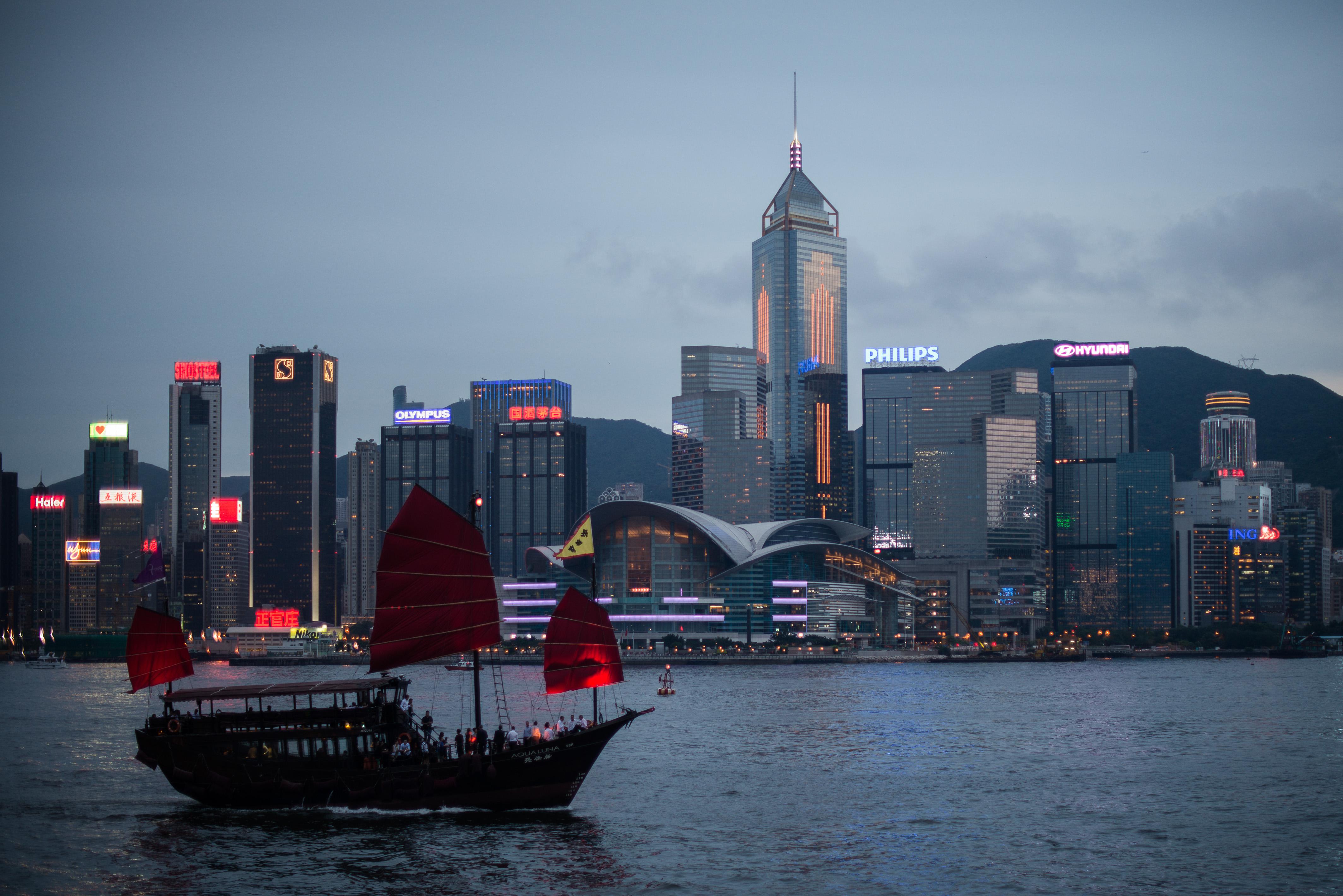On Sunday, the world learned the identity of the man behind last week’s NSA leaks: Edward Snowden. Within hours, the Justice Department was already speaking publicly (if vaguely) about its investigation into the 29-year-old former CIA employee.
“The Department of Justice is in the initial stages of an investigation into the unauthorized disclosure of classified information by an individual with authorized access,” DOJ spokeswoman Nanda Chitre told The Hill in a statement. “Consistent with long standing Department policy and procedure and in order to protect the integrity of the investigation, we must decline further comment.”
No doubt at the top of the DoJ’s to-do list is finding exactly where Snowden is holed up. According to the Guardian, he was in an unidentified luxury hotel in Hong Kong (although chances are good that he’s probably on the move by now). Speaking on NBC’s Today show this morning, Glenn Greenwald said that as far as he can tell the U.S. government has yet to figure out more than that. “To my knowledge, they do not even know where he is,” the Guardian reporter/blogger told the network from Hong Kong.
Still, it’s likely only a matter of time before U.S. officials piece things together. What happens when they do is a bit unclear. Snowden said he picked Hong Kong because of its long history of defending free speech and political dissent. While that may be true, that also doesn’t ensure that he’ll be safe from extradition if the United States requests one. Hong Kong has its own extradition treaty with the U.S., one that all but guarantees extraditions except under rare circumstances. Here’s how the Los Angeles Times breaks it down:
Unlike China, the self-ruled territory of Hong Kong has an extradition treaty with the United States that has been in place since January 1998. Although the treaty gives Beijing the right to veto an extradition on national security grounds, experts do not expect the Chinese government to get involved at a time the new leadership has said it wants to avoid a Cold War-type relationship with the United States. …
There have been several high-profile cases in which suspects have been extradited from Hong Kong, although in more conventional criminal disputes. A man later convicted of raping his daughter was returned in 2007; Albert Hu, a Silicon Valley hedge fund manager, was returned in 2009 to stand trial for allegedly defrauding investors.
U.S. citizens can enter Hong Kong without a visa, but are usually given stays of only 90 days. After that, Snowden would face deportation or extradition. Despite the handover to China in 1997, the former British colony still follows a common law tradition system modeled on the United Kingdom’s. It does not extradite in death penalty cases unless capital punishment is waived.
From the sounds of the pull-quotes coming out of Hong Kong, Snowden doesn’t appear a prime candidate to be granted an exception. “We work very closely with U.S. authorities,” Regina Ip, a current Hong Kong legislator and former security secretary, told the Wall Street Journal, adding that Snowden’s decision to seek refuge in Hong Kong was “really being based on unfortunate ignorance.” According to the Washington Post, Ip also said more simply: “Hong Kong is definitely not a safe harbor for him.” A lawyer who’s worked on extradition cases painted a similar picture, telling the Journal that “Hong Kong is the worst place in the world for any person to avoid extradition, with the possible exception of the United Kingdom.”
Snowden suggested that he hopes to eventually receive asylum from Iceland. As of Monday, however, the Nordic nation’s embassy in Hong Kong was declining to comment on the issue, according to ITV.
UPDATE: The Global Post’s Benjamin Carlson explains one small but potentially significant detail that everyone seems to be overlooking: A potential bureaucratic loophole that could temporarily keep Snowden safe in Hong Kong while he figures out his next step.
Read more on Slate about the NSA’s secret snooping programs, and follow @JoshVoorhees and the rest of the @slatest team on Twitter.
This post was updated at 10:24 a.m. with additional information, and for clarity.
